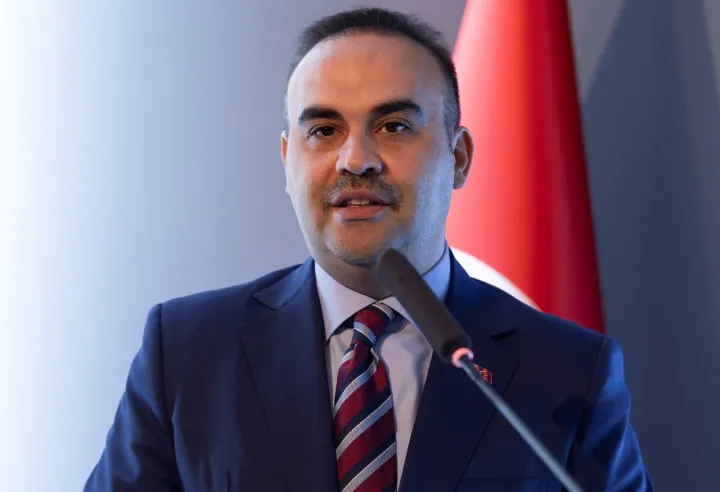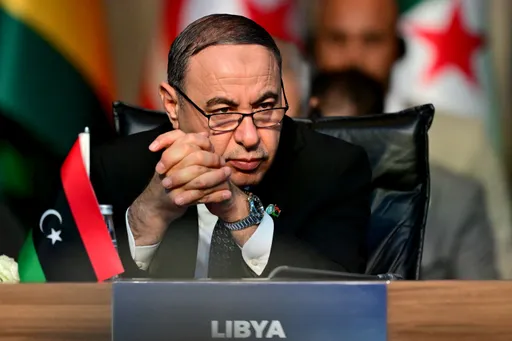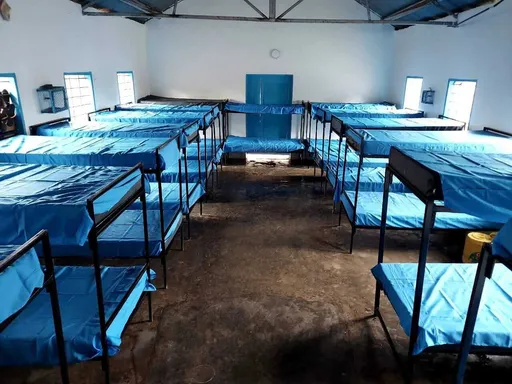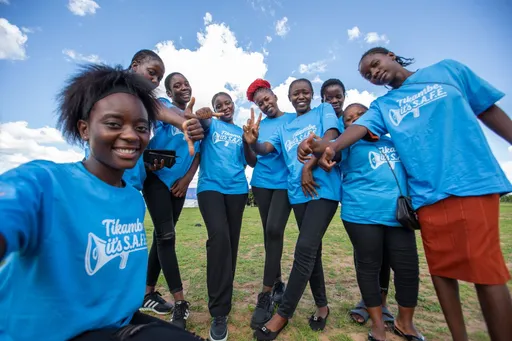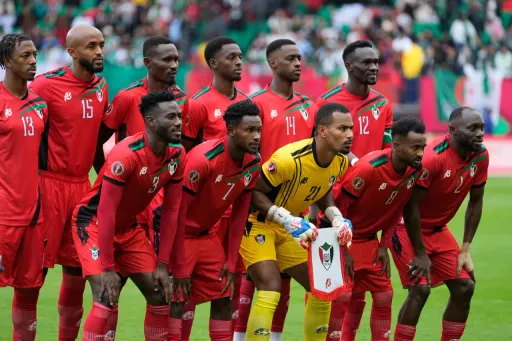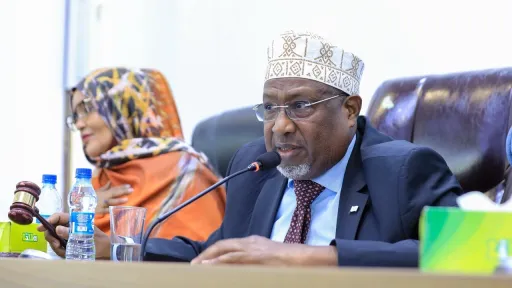By Sylvia Chebet
With the devastating earthquake in Morocco having killed 3,000 people and even a higher number in Libya floods recently, Africa has experienced an unprecedented series of tragedies linked to climate change.
Experts say the September 10 floods in Libya’s Derna region surged to apocalyptic proportions due to the impact of global warming causing sea levels to rise.
The region was hit by Storm Daniel which caused already fragile dams to burst triggering massive floods. The UN has appealed for $71 million to support survivors of the disaster.
While opening the 78th session of the UN General Assembly, Secretary General Antonio Guterres said: “Derna is a sad snapshot of the state of our world.The flood of inequity, of injustice, of inability to confront the challenges in our midst."
Financial commitments
Mozambique’s President Filipe Nyusi whose country is still reeling from the impact of a devastating cyclone that made landfall in March however told the assembly that support from the international community falls way below the pledges.
“The latest largest cyclones, Idai, Kenneth and Freddie have caused hundreds of losses of life, costly damages and losses to the tune of billions of dollars. So far we have not been able to recover just one third of damages recorded.” Nyusi said.
Addressing the assembly, South Africa’s President Cyrill Ramaphosa asked wealthier countries responsible for most of the global warming to meet financial commitments they have made.
“It is a matter of great concern to us from the global south that these wealthier countries in the global north have failed to meet the undertakings they made to provide 100 billion dollars a year for developing economies to take climate action,” Ramaphosa said, adding: “This must be changed, and the money must be made available in the interest of development.”
The devastating flashfloods in Libya came in the wake of a heatwave that caused massive wildfires that swept through parts of North Africa, killing 34 people in Algeria and massive destruction in Tunisia.
Vulnerable
Meanwhile, the East and Horn of African countries are grappling with cyclic droughts that have caused devastating loss of lives and livelihoods. Yet scientists warn that these extreme weather patterns are just a sign of things to come.
“Many proclamations have been made, yet our troubles remain close at hand.” Nigeria’s President Bola Tinubu said.
With Africa being most vulnerable to the climate disasters, the continent's leaders are pressing for a new financing architecture that is responsive to the region's needs.
They are demanding for the development of a new Global Climate Finance Charter through the United Nations General Assembly and COP (Conference of the Parties) processes by 2025.”


